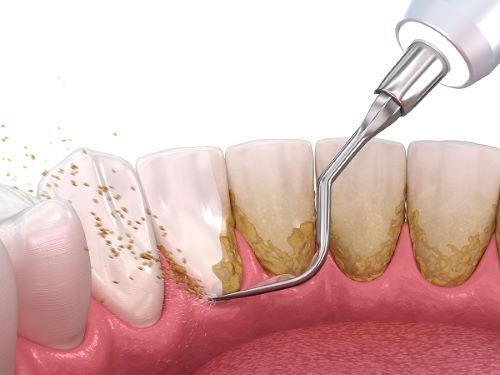Dental health is surrounded by a myriad of myths and misconceptions, and when it comes to cavities, separating fact from fiction is crucial for maintaining optimal oral health. Let’s debunk some common cavity myths and set the record straight, empowering you with accurate information to safeguard your smile.
Myth 1: Sugar Is the Sole Culprit for Cavities
Contrary to popular belief, it’s not just sugar that leads to cavities. While sugar does contribute to cavity formation, the real issue lies in the acids produced by bacteria in the mouth when they feed on sugars and carbohydrates. These acids erode tooth enamel, creating an environment conducive to cavities.
Myth 2: You’ll Always Feel Pain When You Have a Cavity
Not all cavities come with a warning sign of pain. In the early stages, cavities may be painless, making regular dental check-ups crucial for detecting and addressing dental issues before they escalate.
Myth 3: Brushing Harder Removes Cavities
Brushing harder does not equate to better cavity prevention. In fact, aggressive brushing can damage tooth enamel and gums. The key is to brush gently and thoroughly, ensuring all tooth surfaces are cleaned without causing harm to the enamel.
Myth 4: Cavities Are Only Caused by Poor Oral Hygiene
While poor oral hygiene is a significant contributor to cavities, other factors come into play. Genetics, diet, systemic health issues, and the composition of saliva also influence cavity formation. Maintaining good oral hygiene is essential, but it’s not the sole determinant.
Myth 5: Cavities Can Heal on Their Own
Once a cavity has formed, it cannot heal on its own. The enamel doesn’t have the ability to regenerate. However, early-stage cavities can be halted and remineralized with good oral hygiene practices and fluoride treatments, emphasizing the importance of preventive care.
Myth 6: You Can Stop Brushing if Your Gums Bleed
Bleeding gums are often a sign of gum disease, not a reason to stop brushing. In fact, continuing to brush and floss gently can help alleviate gum inflammation. If bleeding persists, it’s essential to consult with a dentist for a comprehensive examination.
Myth 7: Cavities Are Always Visible
Cavities aren’t always visible to the naked eye. They can develop between teeth or on surfaces not easily seen. Regular dental check-ups, including X-rays, are essential for detecting hidden cavities.
Dispelling these common cavity myths is a step toward informed oral care. By embracing accurate information, practicing good oral hygiene, and seeking regular dental check-ups, you can effectively prevent cavities and enjoy a healthy, resilient smile for years to come. Remember, your dental health is a lifelong journey, and understanding the facts is the first step toward optimal oral well-being

















